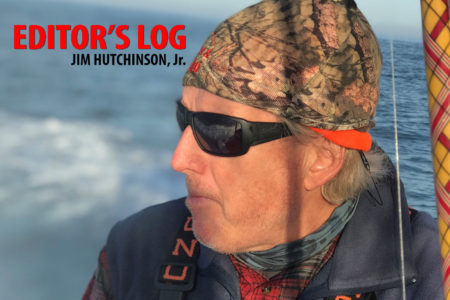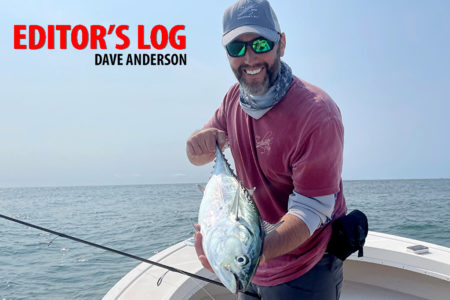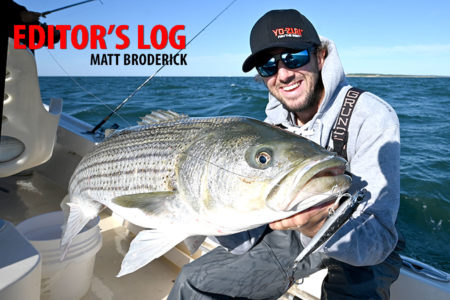The Inflation Reduction Act of 2022 (IRA) was signed by President Biden on August 16, 2022 and contains numerous provisions related to offshore wind and how industrial offshore wind developers can claim additional tax credits (read: receive more federal tax dollars). Specifically, the IRA provides a 30% tax credit for offshore wind projects that begin construction before January 1, 2025, which of course has only expedited wind survey efforts as companies like Ørsted (Denmark), BP (British Petroleum) and other primarily foreign entities scramble to stick their monopoles into the seafloor before the money spigot shuts off.
According to NOAA Fisheries, there’s been an unusual whale mortality event going back to 2016 with at least 72 humpbacks turning up dead off New York and New Jersey coasts (with 23 humpback strandings in New Jersey/New York since 2022 and counting; only one in all of 2021). Mainstream media has provided great cover for the government denials, explaining how these dead whales began showing up in 2016 before the IRA mad survey dash along the inshore grounds. What these new age journalists fail to disclose however is that the nation’s first industrial offshore wind farm at Block Island (now known as Ørsted US Offshore Wind) was constructed in 2015/2016 (cue the dead marine mammals).
I don’t know whales or the cause of their demise, but I do know fish and fishermen. In the fall of 2018, one Rhode Island wind activist gave a presentation in Asbury Park to anglers on how the Block Island windfarms were a boon to New England’s angling community, calling the massive structures “majestic” while promising great things in the future. That gentleman has since become a federally registered lobbyist on Capitol Hill and does some DC politicking for Ocean Conservancy. As I’ve also since learned, not all of Rhode Islanders are feeling as warm and fuzzy as he does about industrial offshore wind!
In August, the nine-member panel that makes up the entire Rhode Island Fisherman’s Advisory Board (FAB) resigned in unison, saying “We will not allow our names to be connected in any way to Council approvals now amounting to wholesale ocean destruction. Rhode Island is supposed to be the Ocean State, not the Windmill State.” The letter was signed by commercial advocates Lanny Dellinger, Christopher Brown, Michael Marchetti, Greg Mataronas, Chris Lee, Brian Thibeault, and Meghan Lapp, along with recreational fishing captains Rich Hittinger and Rick Bellavance.
In a separate letter of resignation, Capt. Hittinger who is also first vice president of the Rhode Island Saltwater Anglers Association (RISSA) said “it is clear that CRMC (Coastal Resources Management Council) management, staff, and Council do not want, value or consider input regarding potential conflicts between major coastal and marine developments and the existing recreational fishing use of these shared resources.”
Capt. Hittinger went on to explain how approval of development of Cox Ledge by the South Fork Wind and Revolution Wind projects is along an active area for recreational tuna fishing, explaining how approvals granted to allow Ørsted to proceed were made under the guise that no recreational fishing occurs in these areas. “The process has gone from an admittedly disagreeable discussion to a one-sided push by developers with no requirement for realistic discussion or consideration of potential impacts of these major changes in our shared marine environment, effectively a rubber stamp of the political desires of Washington DC.,” he added.
The Associated Press reported on September 18 that the governors from six Atlantic Coast states (including New Jersey and Rhode Island) asked President Joe Biden to provide more federal tax credits for wind developers like Ørsted, while requesting the federal government speed up the permitting process for industrial offshore wind. More tax dollars, lack of transparency, disregard for public input and fast-tracking a deliberative process; it’s just another green energy day in paradise.



